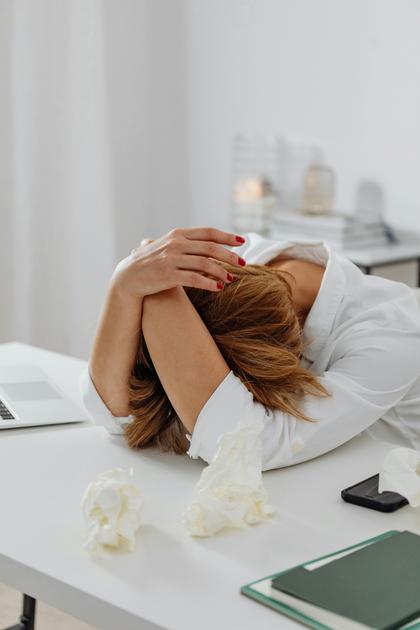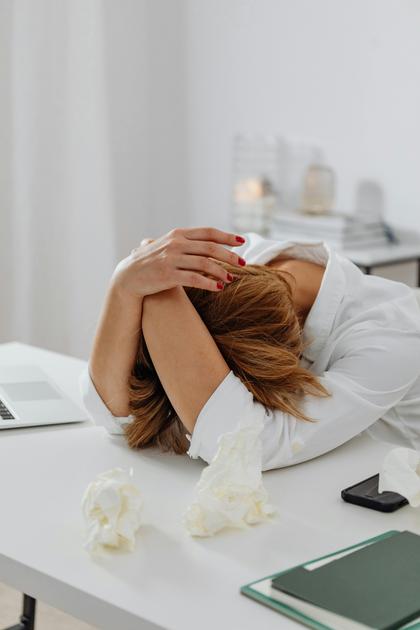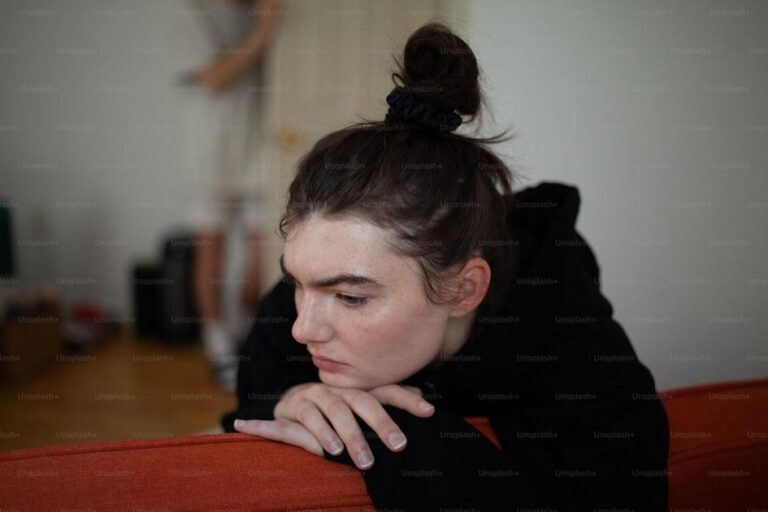Female Hair Loss After 30: Top Diet Mistakes to Avoid Now!
Are you struggling with female hair loss after 30? You are not alone. Many women face this concern due to various reasons, including diet mistakes that can worsen hair thinning. Understanding how your daily nutrition impacts your hair health is crucial. Let’s dive into the common dietary pitfalls that could be contributing to your hair loss and explore how simple adjustments can make a significant difference.
Understanding Female Hair Loss: The Science Behind It
Female hair loss can be a distressing experience, especially for women over 30. This change is often linked to multiple factors, including genetics and hormones. As women age, they may face a reduction in estrogen levels, which can lead to hair thinning and loss. Hormonal fluctuations during this time can also be a major contributor.
Research suggests that hair follicles can shrink and produce thinner hair as part of the natural aging process, leading to noticeable changes in volume and texture. This phenomenon can be gradual, making it even harder to address as women may not recognize it until it’s significantly advanced.
Common Myths About Hair Loss for Women Over 30
Many misconceptions surround female hair loss. One common myth is that only men experience significant hair loss. While male-pattern baldness is prevalent, women can also face severe hair thinning.
Another myth is that hair loss is inevitable after a certain age. While aging is a factor, it is not the only reason women experience hair loss. Lifestyle choices, including diet, play a crucial role. Additionally, some believe that wearing hats or tying hair tightly causes hair loss, which is not true unless done excessively.
The Role of Nutrition in Hair Health
Nutrition is fundamental to maintaining hair health. The hair is primarily made of protein, and a lack of essential nutrients can cause it to become weak and brittle. Consuming a balanced diet rich in vitamins and minerals supports the hair follicles and promotes stronger, thicker hair.
Key nutrients important for hair health include:
- Protein: Essential for hair structure.
- Iron: Prevents hair loss due to lack of oxygen.
- Vitamins A and C: Help in sebum production and antioxidant activity.
- Omega-3 fatty acids: Nourish hair and support thickening.
Diet Mistakes That Contribute to Hair Thinning
Many women unknowingly make dietary choices that can negatively impact their hair. Here are some common mistakes to avoid:
- Not Getting Enough Protein: Skipping on protein-rich foods can lead to weak hair strands.
- Excessive Dieting: Crash diets deprive the body of essential nutrients.
- Ignoring Healthy Fats: Fats support cellular health and are vital for hair texture.
- Low Iron Intake: Not including enough iron-rich foods may contribute to hair loss.
Foods to Embrace for Stronger Hair Growth
Incorporating the right foods into your daily diet can make a significant difference in hair health. Here are some foods to embrace:
- Salmon: Packed with omega-3 fatty acids and protein.
- Spinach: Full of iron and vitamins A and C, which help nourish hair.
- Eggs: A rich source of proteins and biotin.
- Nuts and Seeds: Provide healthy fats and nutrients that promote hair growth.
How Stress and Hormonal Changes Impact Your Hair
Stress is a well-known trigger for hair loss. The body’s response to stress can lead to a condition called telogen effluvium, where hair prematurely enters the shedding phase. Hormonal changes, particularly during menopause or due to thyroid issues, can also affect hair density and growth.
Finding ways to manage stress through activities like yoga, meditation, or simple hobbies can help stabilize hormonal levels and promote healthier hair.
The Importance of Hydration for Healthy Hair
Hydration is often overlooked in discussions about hair health. Drinking adequate water keeps your hair hydrated and supports overall body functions. Dehydrated hair may become dull and more prone to breakage.
Aim for enough water intake throughout your day, and consider adding fruits and vegetables with high water content, like cucumbers and oranges, to boost hydration levels.
Supplements that Can Help Prevent Hair Loss
If your diet lacks certain nutrients, supplements can play a helpful role. Some beneficial vitamins and minerals include:
- Biotin: Supports keratin production and promotes hair growth.
- Iron: Vital for oxygen transport to hair roots.
- Zinc: Helps with hair tissue growth and repair.
Before starting any supplements, consult with a healthcare professional to ensure they fit your specific needs.
Creating a Balanced Diet for Optimal Hair Health
Building a balanced diet is essential for optimal hair health. Focus on incorporating a variety of nutrient-rich foods that will support your hair. Consider using a food journal to track your eating habits and make necessary adjustments. Aiming for a colorful plate can make meals exciting while ensuring you get a diversity of nutrients.
Sample Meal Plan:
- Breakfast: Greek yogurt with mixed berries and a sprinkle of chia seeds.
- Lunch: Spinach salad topped with grilled salmon, nuts, and a vinaigrette.
- Dinner: Quinoa bowl with roasted vegetables and a poached egg.
Empower Yourself: Steps to Take Control of Hair Loss
Feeling empowered in this journey is crucial. Start by taking small, actionable steps to improve your hair health. Whether that means educating yourself about the right foods, seeking professional advice, or simply changing a few habits in your daily routine, every step counts.
It’s important to remember that many women have faced similar challenges and have found solutions that worked for them. If you feel overwhelmed, know that you are not alone, and there is hope. It’s entirely possible to regain control over your hair health.
Just like many women before you, discover the simple step-by-step method that can lead to healthier hair through the link provided above. It’s time to empower yourself and embrace your beauty at every stage of life!













